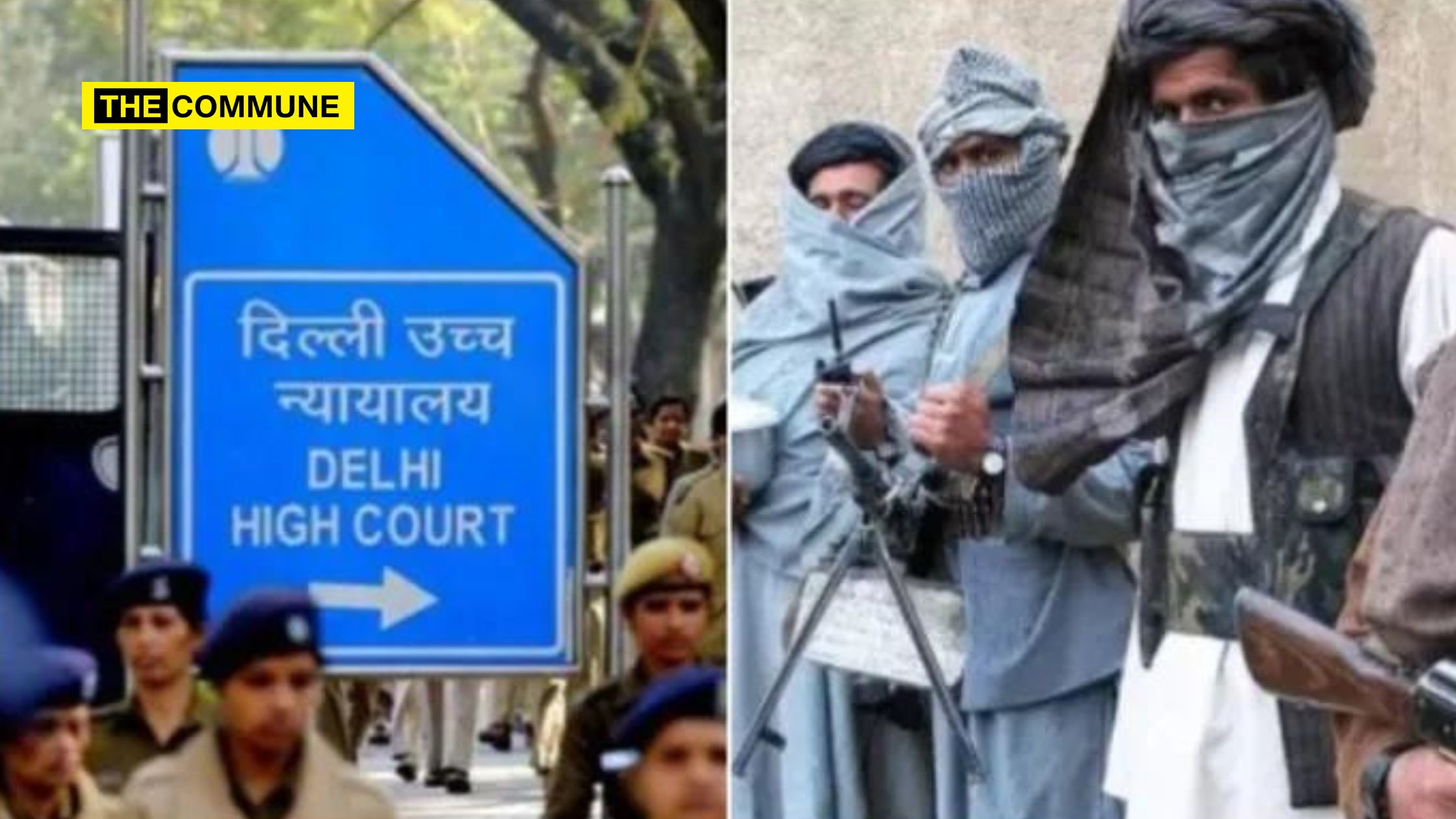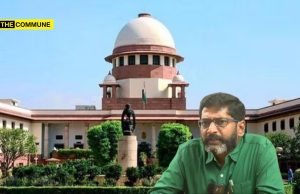
Quoting Russian author Fyodor Dostoyevsky’s “Crime and Punishment,” the Delhi High Court on 20 May 2024 reduced the sentences of five members of the Jaish-e-Mohammed (JeM) terror group. The court shortened their life imprisonment sentences to ten years for their offenses under Section 121A of the Indian Penal Code.
The division bench, comprising Justice Suresh Kumar Kait and Justice Manoj Jain, ruled on the appeals of Bilal Ahmad Mir, Sajjad Ahmad Khan, Muzaffar Ahmad Bhat, Mehraj-ud-Din Chopan, and Ishfaq Ahmad Bhatt, who were initially sentenced to life imprisonment by the trial court.
The court also lessened the punishment from life imprisonment to ten years of rigorous imprisonment for their violation of Section 23 of the UAPA. Citing Dostoyevsky, the court noted, “If he has a conscience, he will suffer for his mistake; that will be punishment – as well as the prison.” In 2022, the trial court convicted the five for various charges under the IPC and UAPA, and they pleaded guilty, receiving their sentences on 28 November 2022. The NIA had described them as highly radicalized Over Ground Workers of Jaish-e-Mohammed involved in several terrorist activities in India.
The bench acknowledged the seriousness of the allegations but emphasized there was no proof of them committing any terrorist acts, stating they were mainly found guilty of conspiracy rather than actual terrorist acts. The court stressed the importance of balancing justice and the possibility of reform, noting there was no indication the convicts were irredeemable.
The bench criticized the lack of sentencing guidelines that could aid in determining appropriate sentences, highlighting the inconsistency in sentencing due to the unique circumstances of each case. The court recognized that while the convicts did not deserve excessive leniency, their immediate confession, relatively clean records, willingness to rehabilitate, and young age warranted a reduced sentence. It also pointed out that the trial court had been overly influenced by the severity of the allegations without considering the convicts’ remorse and early guilty pleas.
The court concluded stating, “Given their youth and lack of prior convictions, the trial court should have focused on their rehabilitation, as noted in the judgment, but not fully realized. Thus, the sentences under Section 121A IPC and Section 23 UAPA are reduced.”
Delhi High Court invokes Dostoevsky's 'Crime and Punishment' to reduce sentence of 5 JeM operatives
Read story here: https://t.co/ZlaHgnmD3d pic.twitter.com/Henxajl59N
— Bar and Bench (@barandbench) May 21, 2024
(With Inputs From OpIndia)
Subscribe to our channels on Telegram, WhatsApp, and Instagram and get the best stories of the day delivered to you personally.




